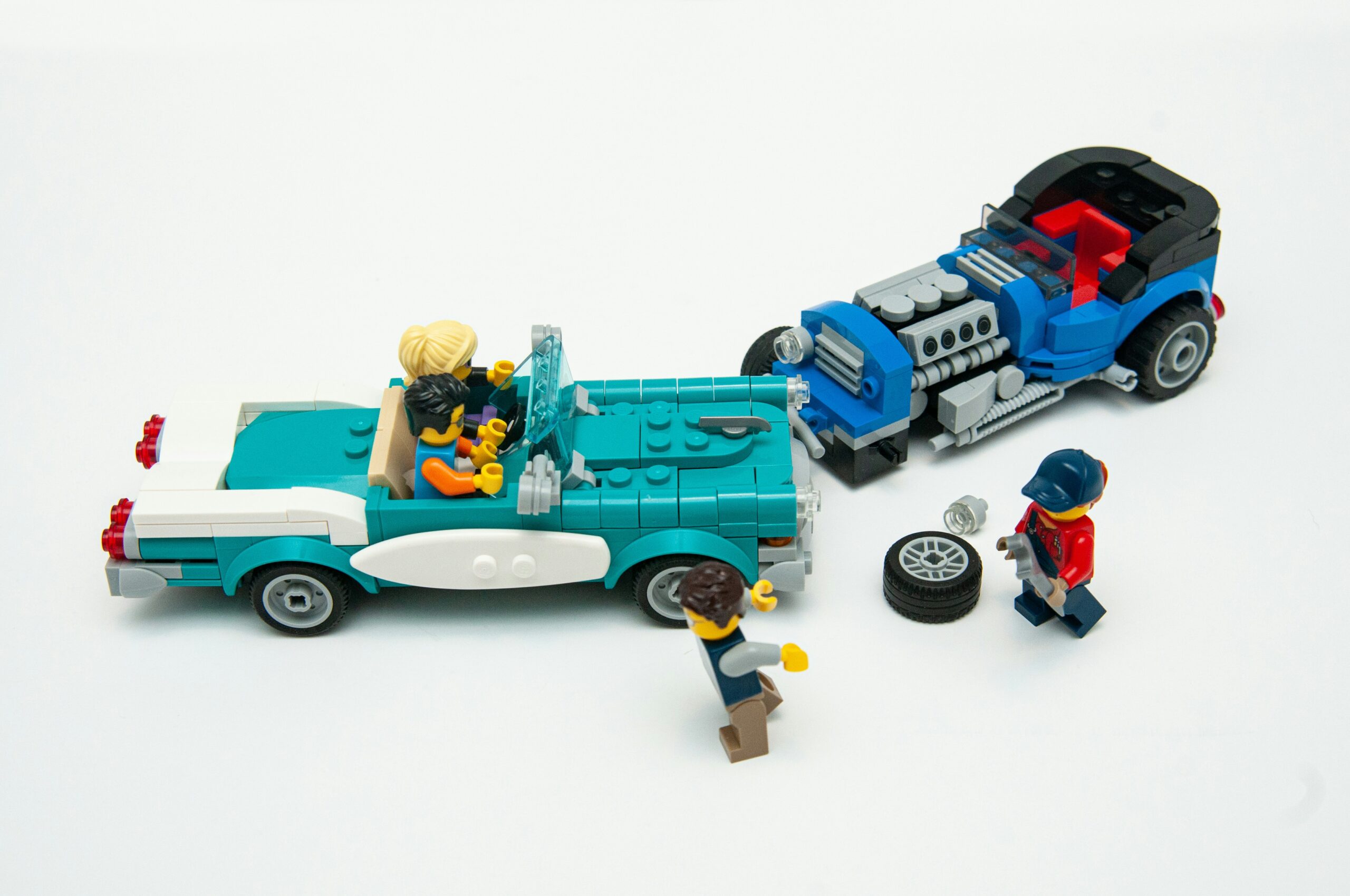How to Get Over A Car Accident Trauma
Car accidents are an unfortunate reality in the bustling streets of Richmond, Virginia. With major highways like I-95 and I-64 intersecting our city, the risk of physical and psychological injuries looms large for many residents. In 2022 alone, Virginia witnessed over 122,000 crashes—that’s one every 4.3 minutes. But for the survivors, crossing the threshold of physical recovery is only half the battle won. The psychological impact of these incidents can be equally, if not more, devastating. This psychological impact can affect your mental health, commonly in the form of anxiety, panic attacks, trauma, or post-traumatic stress disorder (PTSD). Fortunately, trauma therapy is one way that car accident survivors with trauma can find relief.
Mental health after car accident
Long after physical scars have healed, the emotional trauma of a car accident can persist. You might be startled by a truck’s horn or paralyzed with fear at the thought of driving.
Racing heart, sweaty palms, trembling hands, insomnia, and nightmares are everyday experiences for many survivors.
Common stress reactions after a car accident include:
- Flashbacks or intrusive thoughts about the accident
- Avoidance of driving or riding in cars
- Heightened anxiety in traffic
- Difficulty concentrating or sleeping
These effects can be crippling, forcing you to hate driving or quitting it altogether. That’s not ideal — particularly for your friends and family who drive you everywhere.
If you’re experiencing these symptoms, you’re not alone. Many survivors grapple with anxiety, depression, sleep disturbances, and even Post-Traumatic Stress Disorder (PTSD).
These psychological injuries can significantly impact your quality of life, constantly triggering your body’s fight-or-flight response and leaving you mentally and physically exhausted.
Rather than become an inconvenience or stay dominated by fear, you can try trauma therapy — the treatment of psychological injuries from a car accident. Not every car accident survivor needs trauma therapy, but for those who do, going through it can be life-changing.
How to deal with trauma after car accident
Trauma therapy is a specialized form of psychotherapy designed to help individuals process and overcome traumatic experiences. For car accident survivors, it offers a healthy path to recovery and a renewed sense of safety.
Two widely recognized forms of trauma therapy are:
Cognitive Behavioral Therapy (CBT) – This approach helps individuals identify and change negative thought patterns and behaviors related to the traumatic event.
Eye Movement Desensitization and Reprocessing (EMDR) – EMDR uses bilateral stimulation to help the brain process traumatic memories and reduce their emotional impact. As a personal favorite, I’ve found EMDR to be particularly effective for car accident trauma, often working faster than CBT and not necessarily requiring detailed recounting of the accident.
Between 77% to 100% of survivors who try trauma therapy see improvement in the symptoms of trauma. In Richmond, local therapists report similar success stories. I have seen remarkable transformations in haunted car accident survivors. Many who once struggled to think about driving or drive are now confidently driving again, thanks to trauma therapy.
Trauma therapy is a collaborative process between the therapist and the client. While there are a number of strategies that can help with trauma, CBT and EMDR have shown to be effective. CBT sessions typically involve discussing the traumatic event, learning coping strategies, and gradually facing fears associated with driving or riding in cars. EMDR sessions involve a less conventional approach. The therapist uses a device capable of activating both sides of your brain while you recall the memory of the accident. As the session continues, EMDR helps you process the emotional hurt of that memory, first desensitizing you to the hurt before reprocessing the memory so that it loses its intensity. After EMDR, you’ll be able to remember the accident without feeling stressed or triggered.
The duration of treatment varies, but many individuals see significant improvement within 8-12 sessions. Therapists also teach techniques like deep breathing, mindfulness, and cognitive restructuring that clients can practice outside of sessions to manage stress and anxiety.
Beyond therapy — do these things
While trauma therapy is a powerful tool, a holistic approach to recovery is even better.
You can begin doing any of these:
- Engage in regular exercise to reduce stress and improve mood
- Practice mindfulness meditation to manage anxiety
- Gradually expose yourself to driving, starting with short trips accompanied by someone you trust
- Join a support group to connect with others who have had similar experience
Online trauma therapy Richmond, VA
Start your recovery trip today. Your physical injuries may have healed, but lingering psychological wounds can rob you of months—even years—of happiness and peace. Full mental recovery is possible, and it starts with asking for help.
If you’re struggling with stress or anxiety following a car accident, you can contact me. As a trauma-informed therapist operational in Richmond, I know a thing (or ten) about helping car accident survivors feel like their old, pre-accident selves again.
PS: Your first consultation is 15-minutes and is free. Here’s a direct link to schedule a meeting with me.




